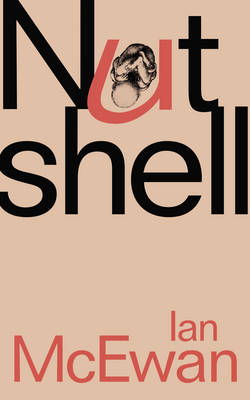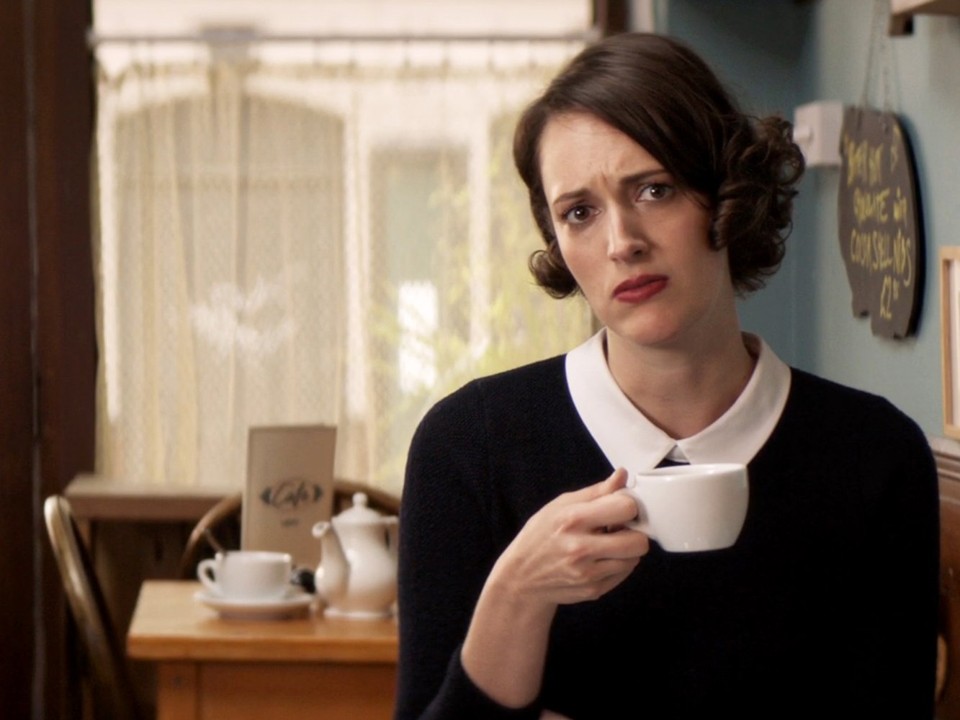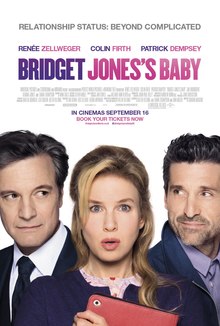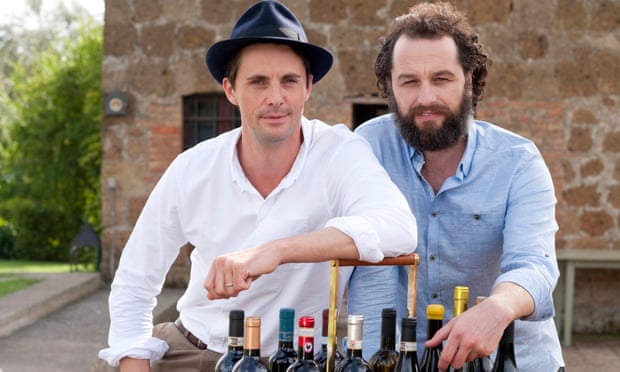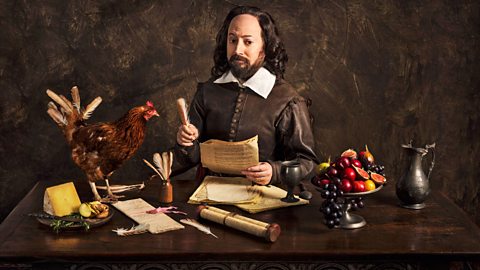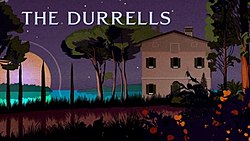Do you know what people don't see enough of in the movie theatre? Kiwis. And I don't mean the fruit or the bird - I mean the people of New Zealand. Their country is gorgeous and has been showcased to great effect in the Lord of the Rings movies, but stories about the people who actually live there rarely come to my attention. Thankfully, remedying that gap is Taika Waititi's spectacular Hunt for the Wilderpeople, a movie that is currently available on demand and should be watched by everyone immediately.
The movie starts off simply enough. Ricky Baker (Julian Dennison) is a foster kid who has caused no end of trouble. He has been shuffled around from family to family and is almost on his way to juvenile detention when he arrives at the farm of "Aunt" Bella (Rima Te Wiata). Bella is every foster child's fantasy - a loving, warm, and abundantly forgiving woman who knows exactly how to take care of the wary Ricky and get him to trust in human beings again. Her husband, Hec (Sam Neill), is decidedly not a fantasy foster parent - he is a gruff man of little words, and he mostly keeps out of Ricky's way. However, he loves Bella and if she wants to take in a foster kid, he is not going to object. In fact, she took him into her heart when he was a bit of a lost soul, so he certainly understands what Bella can do for someone in need of some love and attention.
Unfortunately, within the first twenty minutes of the movie, Bella dies. And while that is terrifically sad, what follows is a brilliant buddy comedy of sorts, as Ricky and Hec end up camping and trekking in the wilds of New Zealand while they attempt to evade capture from the local authorities. I won't go into how exactly they find themselves in that situation, but suffice to say, there's nothing more heartwarming and hilarious than watching a young Maori kid and a gruff older white man work together and slowly become friends, and finally, family.
Write-director Taika Waititi is clearly a filmmaker to watch. The entire aesthetic of this movie is reminiscent of a Wes Anderson film; it is beautifully shot (to be fair, any tale set in the wilds of New Zealand is beautiful by default) and divided into discrete chapters that are paced perfectly. The script is brimming with amusing asides and absurd meta jokes that keep the audience entertained for every second. It manages to be sweet without being overly sentimental, and funny without devolving into a farce. As over-the-top as its plot and characters are, it is grounded in the simple premise that everyone is just looking for someone to alleviate their loneliness, and sometimes you must go to extraordinary lengths to find a place where you belong. This movie made me want to seek out more stories by and about New Zealanders (first stop will be the book this movie is based on), but while I do that, I exhort you to watch Hunt for the Wilderpeople and see what you've been missing.
The movie starts off simply enough. Ricky Baker (Julian Dennison) is a foster kid who has caused no end of trouble. He has been shuffled around from family to family and is almost on his way to juvenile detention when he arrives at the farm of "Aunt" Bella (Rima Te Wiata). Bella is every foster child's fantasy - a loving, warm, and abundantly forgiving woman who knows exactly how to take care of the wary Ricky and get him to trust in human beings again. Her husband, Hec (Sam Neill), is decidedly not a fantasy foster parent - he is a gruff man of little words, and he mostly keeps out of Ricky's way. However, he loves Bella and if she wants to take in a foster kid, he is not going to object. In fact, she took him into her heart when he was a bit of a lost soul, so he certainly understands what Bella can do for someone in need of some love and attention.
Unfortunately, within the first twenty minutes of the movie, Bella dies. And while that is terrifically sad, what follows is a brilliant buddy comedy of sorts, as Ricky and Hec end up camping and trekking in the wilds of New Zealand while they attempt to evade capture from the local authorities. I won't go into how exactly they find themselves in that situation, but suffice to say, there's nothing more heartwarming and hilarious than watching a young Maori kid and a gruff older white man work together and slowly become friends, and finally, family.
Write-director Taika Waititi is clearly a filmmaker to watch. The entire aesthetic of this movie is reminiscent of a Wes Anderson film; it is beautifully shot (to be fair, any tale set in the wilds of New Zealand is beautiful by default) and divided into discrete chapters that are paced perfectly. The script is brimming with amusing asides and absurd meta jokes that keep the audience entertained for every second. It manages to be sweet without being overly sentimental, and funny without devolving into a farce. As over-the-top as its plot and characters are, it is grounded in the simple premise that everyone is just looking for someone to alleviate their loneliness, and sometimes you must go to extraordinary lengths to find a place where you belong. This movie made me want to seek out more stories by and about New Zealanders (first stop will be the book this movie is based on), but while I do that, I exhort you to watch Hunt for the Wilderpeople and see what you've been missing.

.jpg)


.png)




.png)
